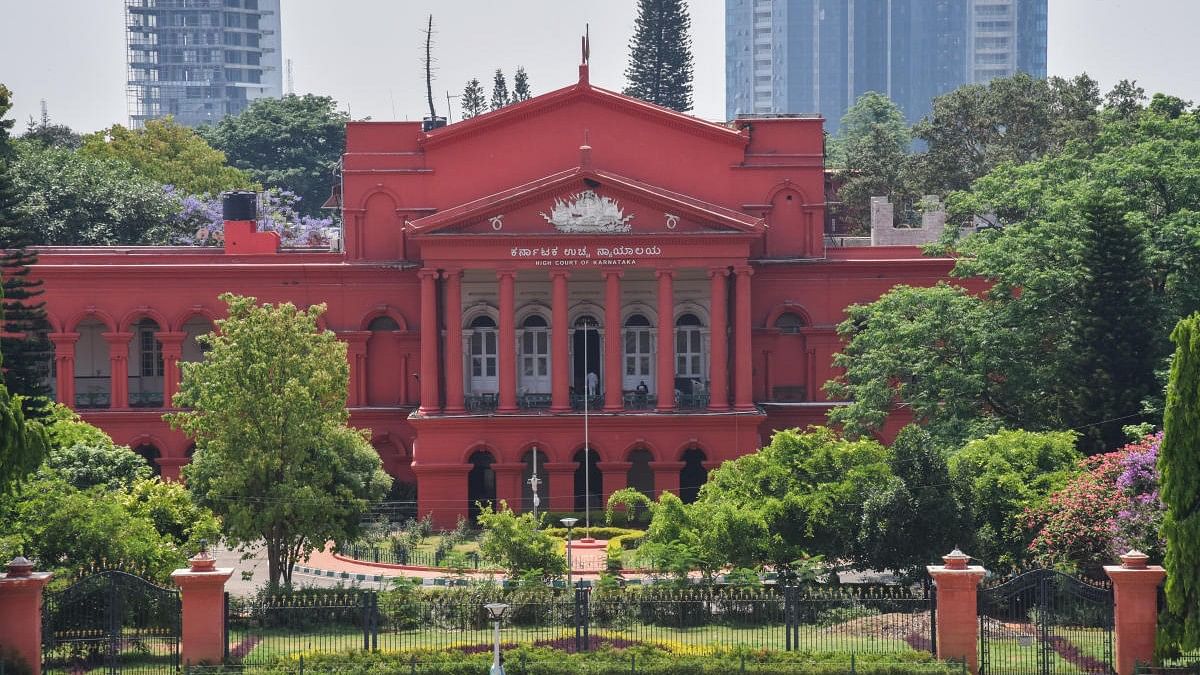
Karnataka High Court
Credit: DH File Photo
The High Court of Karnataka has quashed the proceedings against Razorpay Software Private Limited, a payment gateway, in a money-laundering case initiated by the Enforcement Directorate (ED).
Justice Hemant Chandanagoudar observed that intent is essential to constitute an offence under section 3 of the Prevention of Money Laundering Act (PMLA).
The jurisdictional police registered certain FIRs for the offences punishable under IPC sections 419, 385, 384, 509, 420, and sections 66, 66(c), 66(d) and 67 of the Information Technology Act.
The allegation was that the accused were involved in moneylending through mobile phone applications at exorbitant rates of interest. When the borrowers failed to repay the loan in time and in some cases even after the repayment of the loan, the accused used to harass the borrowers to extort money. The accused also used to steal data from the mobile phones of the victims and misused the same. The ED initiated proceedings against the petitioner company (accused number 7) under various provisions of the PMLA.
According to ED, the petitioner, being a payment gateway, was negligent while allowing the transactions in the name of an accused, Jamnadas Morarji Finance Pvt Ltd (accused number 5), without due diligence.
It was argued on behalf of the petitioner company that in the absence of any allegation or material that it was actually involved in the concealment of the proceeds of the crime or knowingly assisted in such concealment of the proceeds of the crime, which must have arisen from the predicate offence, and in the absence of any predicate offence, the cognizance taken is without any substance.
On the other hand, the ED argued that the petitioner company, an intermediary, cannot claim immunity under PMLA and added that since Section 3 of the Act is a standalone offence and the material on record clearly establishes the involvement of the petitioner in the commission of an offence under PMLA.
Justice Chandanagoudar noted that there is no evidence to suggest that the petitioner company knew that the funds transferred to the merchant IDs of accused number 5 were derived from criminal activity related to a scheduled offence. The court said that it is not established that the petitioner knowingly assisted the accused in concealing or transferring illicit proceeds as clean money.
“Intent is essential to constitute an offence under Section 3 of the PMLA. Therefore, the commission amount earned by accused no 7 (petitioner) cannot be deemed a result of facilitating the illegal money lending business of accused no 5, as there is no evidence to establish that accused no 7 had the intention to commit the crime under Section 3 of the PMLA,” the court said.